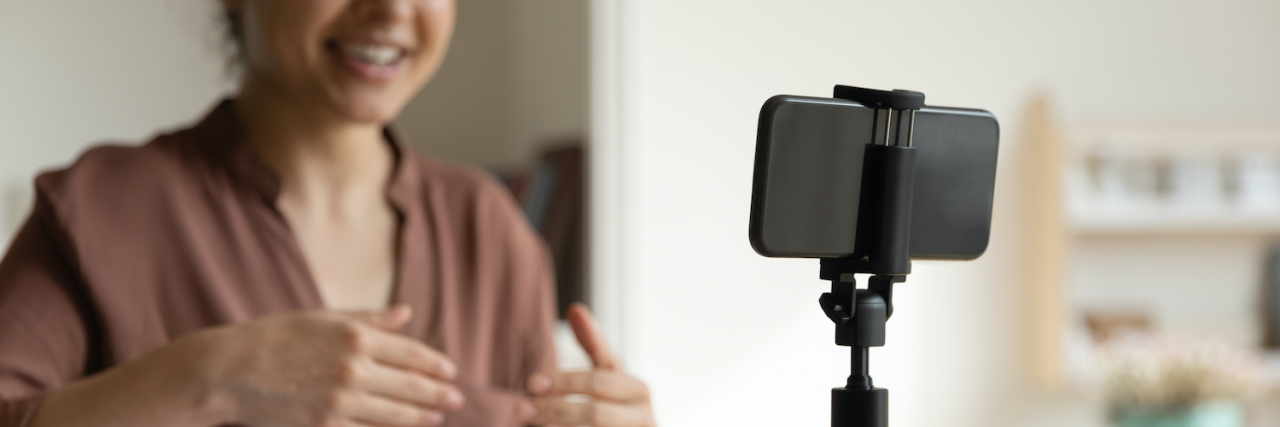Ah, TikTok. The magical corner of the internet where you can laugh, learn a dance, see breaking news, or even learn about yourself. My “for you page” tends to lean towards the latter. And I don’t believe that’s a bad thing. However, the popularity of TikTok and the openness of its users in their own mental health journeys has become controversial. Are mental illnesses becoming a social media fad?
Well, that’s a complicated question. We see users throwing around buzzwords like confetti. “I’m so OCD!” “I have a touch of the ‘tism.” Understandably, people see themselves in these videos chronicling other users’ journeys with mental illness. This often leads to self-diagnosis. However, this can be harmful to people who are living with these conditions. When people falsely claim to have a medical diagnosis, it can make the public underestimate the seriousness and intricacy of the condition. But why would you think of the repercussions of your words if you don’t know you have misdiagnosed yourself?
Other relevant stories:
• Can ADHD Cause Insomnia?
• Does an Active Baby in the Womb Mean ADHD?
• Adult ADHD Self-Report Scale
• What is ADHD?
Self-diagnosis in itself isn’t a bad thing. The barriers between people and access to mental health care are high. Very high. Despite the evolution of online therapy services, many people can’t afford a single session. So self-diagnosing can be valid, but not always. The problem comes when people see themselves in every acronym. Is TikTok breeding a generation of hypochondriacs? Possibly. Or are young people just eager to understand themselves?
Personally, I never would have gotten my formal ADHD diagnosis without TikTok. The app showed me things about myself I had never realized, and pieces fell into place. Along with an excellent (and affordable) psychiatrist, I received my diagnosis and have been able to find the coping skills that work for me. The diagnosis was like freedom for me, and that was because of the app that started with silly dances.
That’s why I don’t necessarily see TikTok as bad for mental health. Can people get carried away at times? Sure, but if the neurodivergent creator you follow gives tips and tricks that help, regardless of whether or not you are genuinely neurodivergent yourself, did it do any harm? TikTok, like any other social media platform, is a double-edged sword.
If using TikTok as a way to help define your mental illness, I would suggest also checking out the DSM-5 and other official diagnosis tools. I understand that not everyone has access to the care they need, which is valid but try to use more reliable sources that are also available for free to decide whether you may or may not have a condition. And, of course, if possible, seek professional help.
Be smart and truthful with yourself. TikTok can be an excellent resource for coping mechanisms and other skills associated with various mental and physical conditions. But don’t get sucked into the endless rabbit hole.
Getty image by Fizkes

